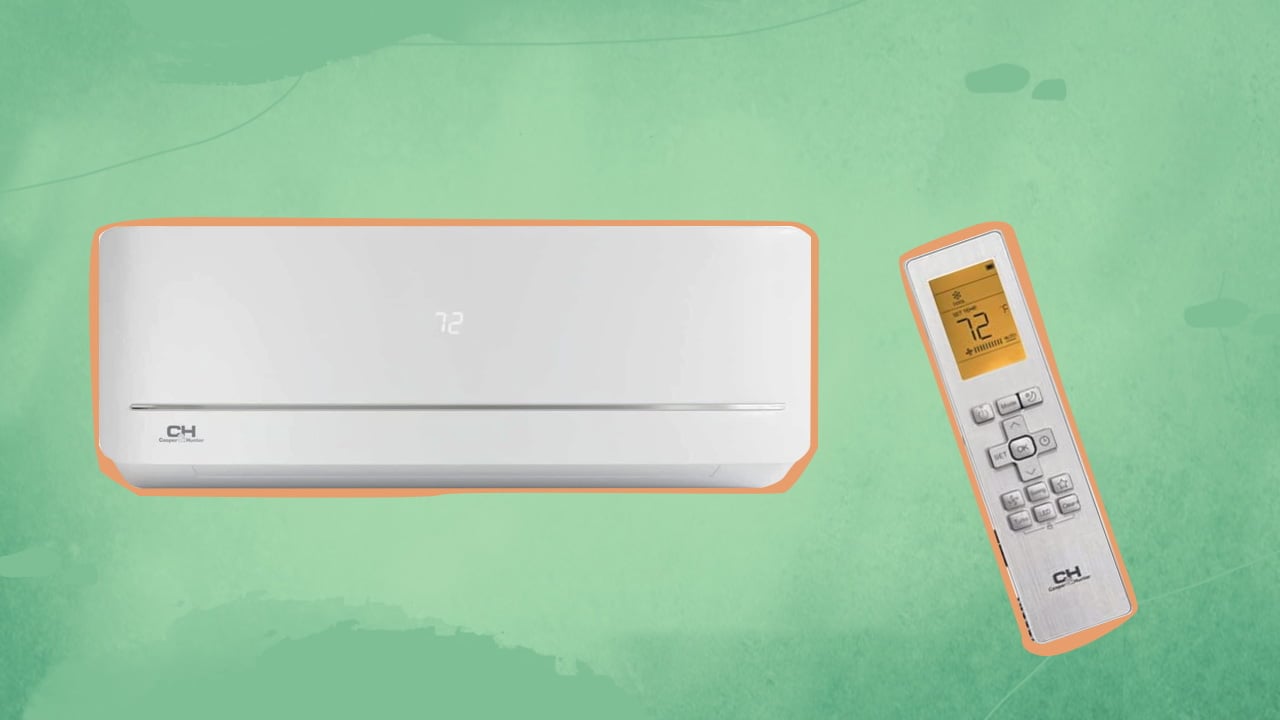How A BTU Calculator Is The Key To Choosing The Right AC
British Thermal Unit, or BTU, is a measurement of heat that is used to classify an appliance’s heating or cooling capacity. It is extensively used in the United States and the United Kingdom as a basic unit of measurement. A BTU calculator for air conditioners helps determine how much heat the AC unit can remove […]

British Thermal Unit, or BTU, is a measurement of heat that is used to classify an appliance’s heating or cooling capacity. It is extensively used in the United States and the United Kingdom as a basic unit of measurement. A BTU calculator for air conditioners helps determine how much heat the AC unit can remove from a space.
By definition, BTU is the heat energy needed to raise the temperature of one pound (mass) of water by one degree Fahrenheit. In heating systems, BTU is the measure of the amount of heat that an appliance produces. But, in a cooling system, it determines the heat an appliance can remove from its surroundings within an hour.
In this guide, I will tell you more about how a BTU calculator works. So, let’s get started.
How Does BTU Work?

If you’ve been doing preliminary research on air conditioners, I’m sure you’ve come across the term BTU.
Air conditioning units or heaters always carry a BTU rating, which determines their cooling or heating capacity. The higher the BTU, the greater the appliance’s heating or cooling potential will be.
Thus, when you are trying to determine the air conditioner size for your room, an AC BTU calculator comes in handy. This is because it is the best way of determining the exact size of air conditioner you will need. Otherwise, you might end up with a unit that doesn’t have the energy required to remove heat from the space.
To cool a room, the air conditioner will have to remove heat from the space, and BTU helps you determine the amount of energy it takes to do so. For instance, if your air conditioner has a BTU rating of 5,000, it means that it is absorbing 5,000 British Thermal Units of heat in an hour and removing it from your room.
The British Thermal Units needed to cool a room are calculated as per the area of the room, which is measured in square feet.
Air Conditioner BTU Calculator: How It Works
Before you can calculate BTU needed for your air conditioner, it is important to determine the area of the room. For this, you will have to multiply the room width by its length and get the value in square feet.
As a rule of thumb, an air conditioner will need around 20 to 30 BTUs for every square foot of space being cooled. To get a rough estimate of the BTUs, you’ll need to multiply the square footage area of the room by 20.
Generally speaking, if the room size is between 0-150 sq. ft., you will need around 5,000 BTUs. Similarly, if the size is 1,000-2,000 sq. ft, you will need approximately 18,000-20,000 BTUs. However, this method is not full-proof since it only gives you a basic estimate of how many BTUs you will need.
What Are The Factors That Help Calculate BTU?
An accurate BTU calculator will take other factors into account in addition to the room size:
- The type of room (bedroom, kitchen, etc.)
- The number of windows and doors in the room
- Number of occupants in a single room
- Whether the area is shaded or receives direct sunlight
- The climate of the region
- Ceiling height
- Whether the room has good or poor insulation
If you live in warmer regions or have a room that receives plenty of sunlight, you will need an air conditioner that provides more BTUs. Similarly, a room with high ceilings will need an AC unit with more cooling potential.
Moving on, a room that has several occupants will have more heat output, and the BTU requirements of such a room will be higher. A kitchen has several appliances (such as the refrigerator) which heat up the room, and therefore, it will require an appliance with a higher BTU to get to a comfortable temperature.
Relationship Between BTU and kW
As I have mentioned earlier, BTU/hr is used only in the US and UK. Other countries in Europe and around the world use kW to measure the cooling power of an air conditioner.
Kilowatt is a measure of the energy that an appliance consumes at any given time. In heating, ventilation, and air conditioning (HVAC) systems, Kilowatt measures the amount of heat the appliance gives out. For your mini split or window air conditioner, Kilowatt measures the cooling potential of the unit in an hour.
Note
I must add here that Kilowatt is actually a derivative of the watt, which is the standard unit of power as per the International System of Units (SI System). Thus, one Kilowatt is equal to 1,000 watts.
BTU to kW Air Conditioning Calculator
1 kWh is equal to 3412.14 BTU per hour, which is a figure you derive by entering the kWh value into the BTU calculator. Alternatively, one BTU is approximately equal to 0.00029307107 kWh. You can easily get the conversion of BTU to kW by multiplying your AC’s BTU rating by this number.
Tip
While you are trying to make these conversions, it is best to use a calculator. In fact, a calculator comes in handy when you are trying to understand the various aspects of your air conditioning unit.
For instance, the electrical current used by your HVAC system can be determined using a watt-to-amps calculator. Similarly, you can get a better understanding of the energy efficiency of your appliance by using a calculator for converting between EER and COP numbers.

Final Words
With that, I reach the end of my brief guide. I’m sure you’d find this information useful if you are trying to understand different aspects of an air conditioner before making a purchase. This way, you can get a rough estimate of the energy consumption of the appliance and be more conscious of your consumption habits.
Notably, a BTU calculator is particularly important if you want to determine the size of the appliance. Air conditioner units always specify the BTU range, so remember to determine your requirements before making a purchase.
